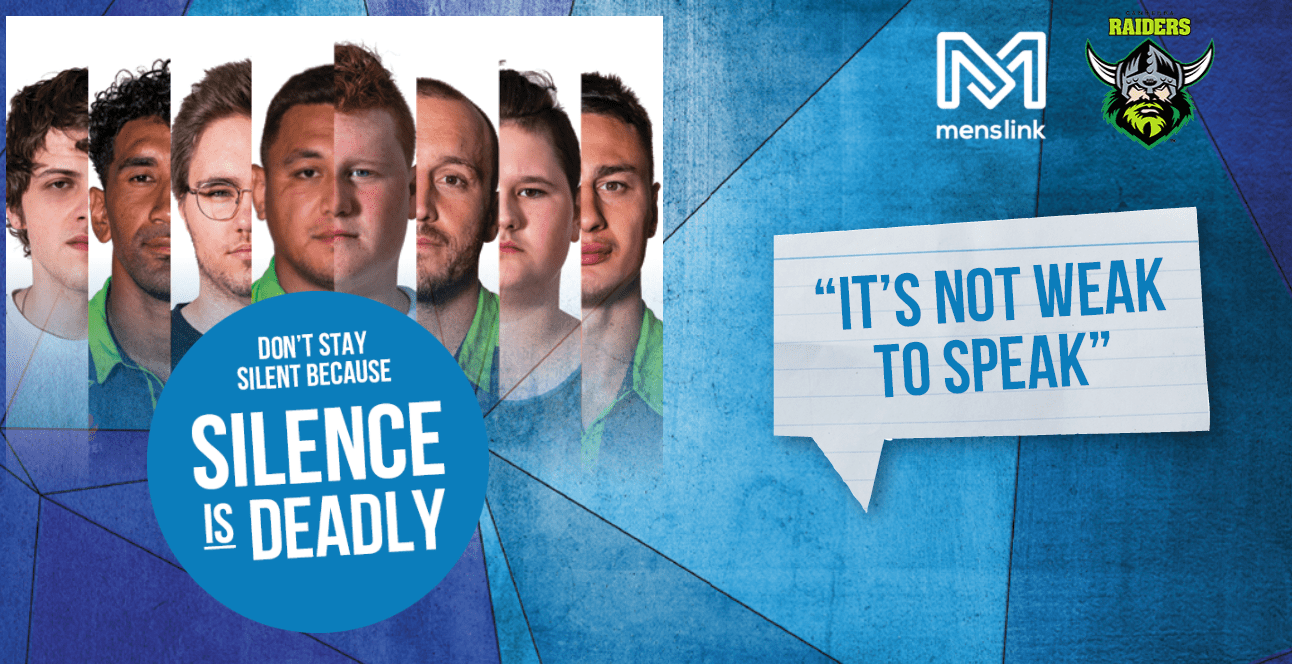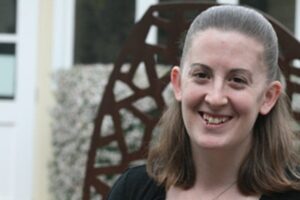
Silence is Deadly Program Promotes Help-Seeking in Teenaged Boys
 A suicide public health intervention has been found to increase help-seeking from friends in teenaged boys, according to a new study funded by Australian Rotary Health (ARH).
A suicide public health intervention has been found to increase help-seeking from friends in teenaged boys, according to a new study funded by Australian Rotary Health (ARH).
ARH Mental Health Research Grant recipient Professor Alison Calear and her colleagues at the Australian National University recently published an article in the journal Suicide and Life-Threatening Behavior on the trial of the Silence is Deadly program – a public health intervention designed to prevent suicide through the promotion of early help-seeking for emotional problems.
This evaluation aimed to find out if Silence is Deadly improves young men’s intentions to seek help for emotional problems (like worry or sadness) and personal problems (like bullying or a break-up).
Male students from Year 11 and 12 cohorts across 10 different schools in the ACT were recruited to the trial, with some allocated to receive the presentation at school and others assigned to a waitlist control group.
The study found that around 6-12 weeks after attending the Silence is Deadly presentation (delivered by Menslink and the Canberra Raiders NRL team), students reported significantly higher intentions to seek help from a friend for emotional problems, compared to a control group of students who had not attended the presentation.
“This finding is in line with the predominant messaging of the Silence is Deadly program, which encourages participants to seek help from and provide support to friends in times of distress or suicide risk,” Professor Calear said.
“These findings suggest that there is value in the delivery of male-targeted interventions to promote help-seeking for mental disorders and suicide, particularly as help-seeking can be low in this population.”
The study also asked teachers about the program, with most of the participating staff members reporting that the Silence is Deadly presentation had improved male students’ help-seeking attitudes and knowledge about sources of help.
Half of the staff members had also observed some change in help-seeking behaviours in their school.
“More males anecdotally present to student wellbeing staff after the presentations. General class discussions around mental health are also more evident after the presentations,” said one staff member.
In addition to this, students reported that they liked receiving information about who can help them when they’re going through a tough time and how to access those people.
One student said: “It really made people think about their own mental health and the health of others around them.”
Presenters’ stories of personal experience seemed to be an important part of the Silence is Deadly presentation. Young men experiencing mental health issues engaged particularly well with these stories.
“It’s nice to relate with people who are nothing like you yet go through tough times as well,” another student reported.
With males accounting for nearly three-quarters of suicide deaths in Australia, evidence for tailored programs like Silence is Deadly may fill an important gap.
“The program may have beneficial effects on adolescent men’s help-seeking intentions; a key issue that needs to be prioritised and addressed in this age and gender group,” Professor Calear said.
Read more about the findings in the Suicide and Life-Threatening Behavior journal article here.
Professor Alison Calear will join us soon on the Research Behind Lift the Lid podcast to talk more about the research findings from her 2017-2018 Mental Health Research Grant. Stay tuned.
Media contact: Jessica Cooper – (02) 8837 1900 or [email protected]